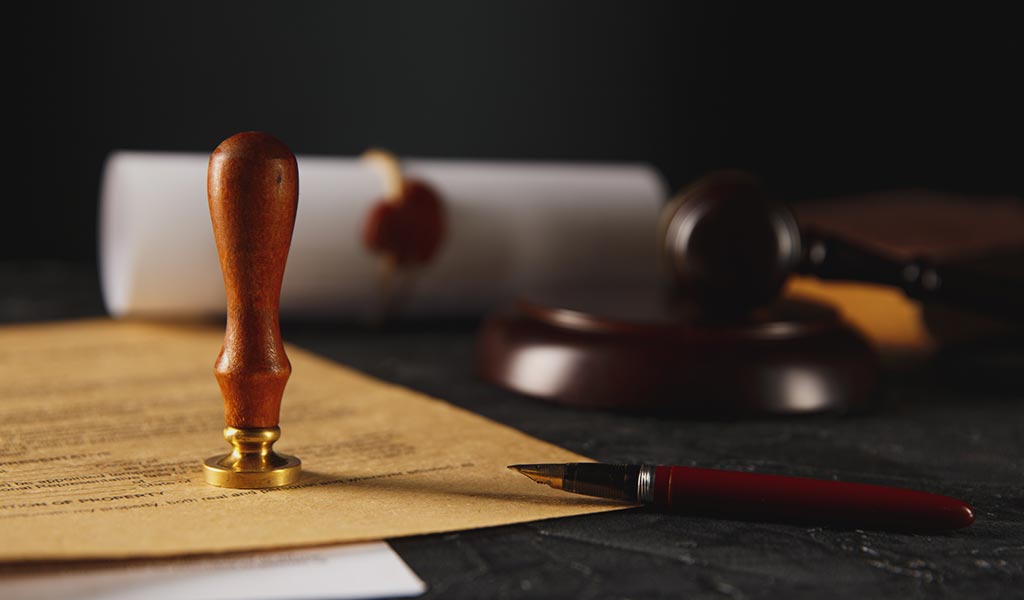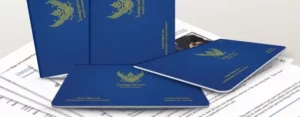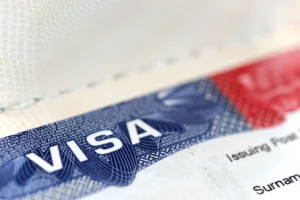If you have decided to work as a Notary Public in Thailand, you’ve probably wondered how to go about the process. This article will discuss the requirements for becoming a Notary Public, the fees associated with the job, and the accreditation process. Hopefully, you’ll find this article useful. If not, you can always consult a legal advisor or travel to Thailand for assistance. In the meantime, you can begin your search for the right Notary Public.
Notary Publics
If you are a foreigner, you should understand the importance of notarization. Although Thailand has a legal system that allows for the notarial act to be legally recognized worldwide, the country is not a signatory to the Hague Convention on the Legalization of Foreign Public Documents. Therefore, you will need to have the document legalized by the Ministry of Foreign Affairs in Thailand or the Embassy of your country of residence.
Accreditation
Notary public in Thailand is often required to act in certain situations, such as when a Last Will needs to be validated. In addition, if you are applying for a job or studying abroad, you will need a Notary Public certification in Thailand to prove that you have the right to work in the country. In addition, some government institutions and private businesses require notarization of various documents, such as contracts and degree certificates.
Notary Fees
The fee for Notary Public service in Thailand depends on the type of document you need certified. For example, you can use a Notary Public to legalize a marriage contract, a certificate of birth or death, or a business document. A Notary Public can also certify your identity and credentials. Other services include marriage, divorce, and child registration. The fee for these services depends on the type of document and location.
Notarization Requirements
While there are several countries that require a Notary Public to authenticate documents, Thailand is not one of them. While some countries participate in the Apostil Convention, Thailand has not. In Thailand, notarizing documents is not required, but sometimes a notary is needed to verify the authenticity of a document. For example, a notary may be required to authenticate an international passport or to certify an individual’s degree certificate.
Use for Notary
Notary services in Thailand are needed for a number of different reasons. Governments, banks, embassies, schools, and other institutions often require notarizations for documents to be valid. Individuals also need notarized documents, such as bank statements, land titles, contracts, powers of attorney, and more.




